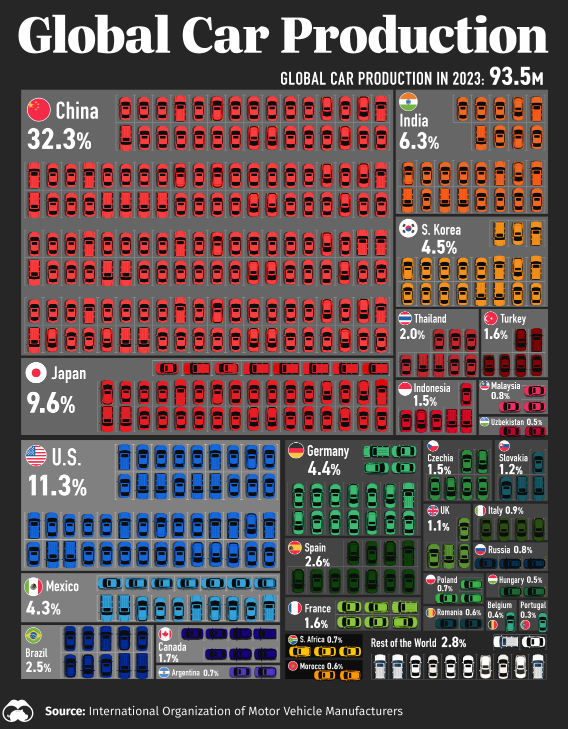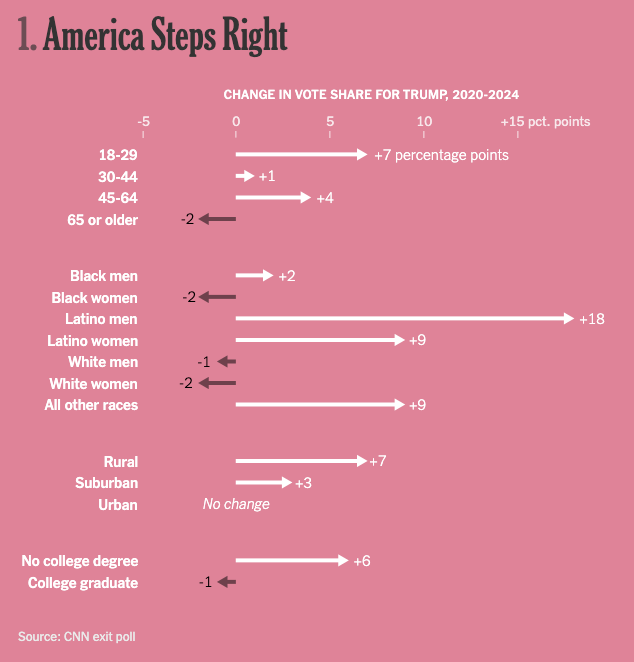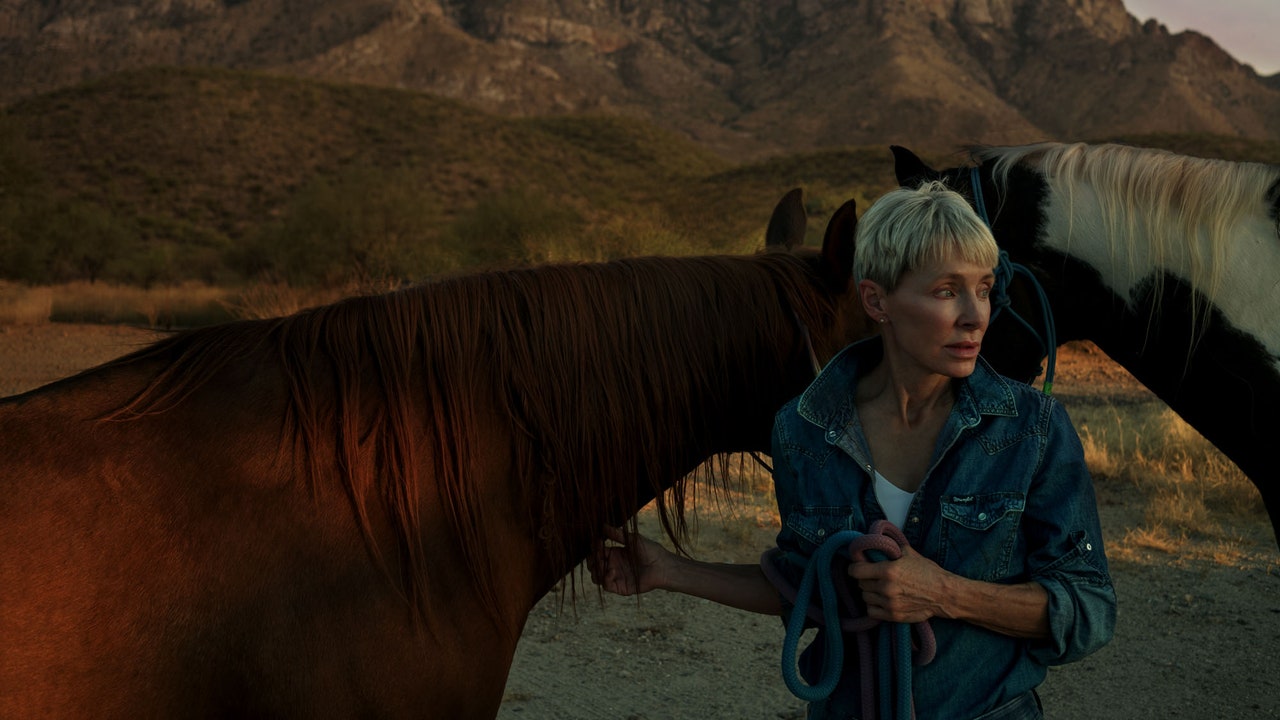The brink of the new year is a time to look forward but if you'll permit me, just for a second, to look backwards and ask, somewhat plaintively, a distressing but poignant question: who are the people we will miss in 2025?
I can think of a lot.
For many reasons, I will miss Tito Mboweni, South Africa's former Finance Minister and the first Black Governor of the South African Reserve Bank. Mboweni died in October this year, somewhat unexpectedly. He was a great personality - literally larger than life. His essential contribution to economics in SA was to keep a wobbly train more or less on the rails, which was not an easy job in the circumstances.
But what made him different was the sheer verve with which he did it. “Our Herculean task is to close the mouth of the Hippopotamus!”, he said in his 2020 Supplementary Budget Speech to describe the growing disparity between government spending and revenue.
And in that graphic image of an overweight animal with its jaws distended, lay his essential position. Despite his history, his origins, his party, his upbringing, his political opponents, his approach to economics was distinctly centrist. He travelled the full path from revolutionary to wonderfully ordinary with great aplomb. In global economies, that might be considered unremarkable. But in tumultuous South Africa, surrounded in his political party by communists and trade unionists and nationalists of every description, his centrism constituted a brave stand on the barricades.
I will miss Pravin Gordhan. I know, I know. Controversial. I first met Gordhan in Durban at the Dikonia Centre when I was an inevitably radical student during the final frenzied years of apartheid in the 1980s. He stood out then as principled, tactical, dedicated, thoughful, deeply moral. And honestly, in thirty years of public life, nothing changed.
His pivotal moment was when he was dismissed as Finance Minister in 2017, learning his fate, as he said, from the TV screen. "Our souls are not for sale. Our country is not for sale," he told press following his removal, without mentioning specifically the person who held the knife and who performed the surgery. In a flash, that encapsulated his life. His deference combined and conflicted with his moral core. “Follow the dots,” he enjoined the country, without necessarily fully doing so himself.
He also possessed a tinge of naivety; he was prone to saying things like, “South Africans have a history of resilience. We will rise again, stronger and more united”. And, “Serving the public is not a privilege; it is a responsibility that demands integrity, humility, and dedication." Well, ja, OK. It's easy to be cynical but occasionally, maybe you should be.
And yet, in some ways he carried the torch for a generation: more hopeful than realistic, more fanciful than feasible, more idealistic than practical. In the end, it caught up with him in the gritty, very non-theoretical conundrums of state-owned enterprises. He could never tear himself away from the desire to build the nation, and he could never understand why people were so grasping, particularly those would-be masters of the universe in what he considered a quagmire of moral decrepitude, business. In the end, he was a man out of time, born to a different era and a different mode of thinking. But I think his legacy will be saved by his steadfastness and his intrinsic goodness, particularly in a society and a world which lack exactly that.
Ok, here is an odd one: I will miss Daniel Kahneman, the Nobel-winning economist whose most famous insights were about human cognition and decision-making. As a journalist, building an awareness of the ways we make decisions and draw conclusions, often incorrectly, provided a wonderful caveat and warning to those, like me, who tend to overvalue their own opinions. Columnist and professor of marketing and business Scott Galloway wrote a touching tribute to Kahneman saying his seminal book, Thinking, Fast and Slow “has saved me from … me, dozens of times”.
He explores the idea that we have two thinking systems: a fast one for intuitive, emotional insights and a slow one for logical, calculated decisions. “Our fast-thinking system is an incredible tool. It allows us to drive cars, compare prices, recognise friends at a distance, and play sports. But its availability makes us lazy. Why do the hard work of thinking through a problem when we can just “go with our gut”? In any decision of consequence, it’s good policy to slow down, get out of the stimulus-response cycle, and let your slow thinking catch up. That’s not to say we should disregard our gut — just don’t let it take the wheel,” wrote Galloway.
As Kahneman also wrote, “The confidence we experience as we make a judgment is not a reasoned evaluation of the probability that this judgment is correct." And, “We can be blind to the obvious, and we are also blind to our blindness”.
I will miss a whole bunch of artists, actors and musicians: Peter Magubane (who proved that photographs could be horrific and beautiful), James Earl Jones (“If you only knew the power of the Dark Side”); Maggie Smith (“What is ‘the weekend?'”); Kris Kristofferson (“Freedom's just another word for nothing left to lose”); and Françoise Hardy (No idea what she was singing, it just sounded great!)
Two politician deserve mention: Alexei Navalny who died in a Russian prison in February, convicted on rubbish charges. Obvs. He unwisely but bravely took on a thoroughly modern thug and lost, as happens almost always in oppressive countries. Why did he do it? "Life makes no sense if you have to tolerate endless lies." Echo that.
And now Jimmy Carter. Before his time in some ways (he installed solar panels on the White House in 1979, which his successor, Ronald Reagan removed; he pushed for energy conservation and a move away from fossil fuels in policy; he was the first president to ensure human rights were part of his foreign policy; and (take note Mr Ramaphosa), fired half of his cabinet for underperforming. Carter was awarded the Nobel Peace Prize for 'Waging peace, Fighting disease, Building hope' and, of course, negotiated a peace in the Middle East that has endured in a sense until today. Gotta love a President who quoted Bob Dylan in his acceptance speech.
And last but not least, my mother, Bonnie, who died this year at the age of 92. What a great life. Ever curious, considered, reading, observing, laughing. And making cakes. Mother of three children, four grandchildren, and two great-grandchildren. Elegant to the end. XXOOPP mamooch.
From the department of changing times ..
China's emergence as a car maker is just extraordinary

From the department of not what you probably guessed ..
How did Trump win?
I've been looking for this graph for ages, which the New York Times published today, along with a whole bunch other interesting graphs (PW). Trump didn't win, it turns out by attracting more old people, or even more men. He won by attracting more Latino men and women! And young people! Would not have thunk it.

From the department of the exploited female muse. Who possibly don't themselves feel exploited. But probably should. Or not ...
The year of the exploited female muse revealed
Its been an important year books about the wives and partners of well known writers. Australian writer Anna Funder published "Wifedom" this year about Eileen O'Shaughnessy, wife of George Orwell. Amazing that O'Shaughnessy wrote a poem as a student called End of the Century, 1984, projecting a future of telepathy and mind control, but has never featured prominently in the zillions of Orwell biographies out there - partly perhaps out of choice. But now we know where that idea came from. Then there was Hardy Women: Mother, Sisters, Wives, Muses by Paula Byrne about Thomas Hardy's rock-star weird relationships with women. And a string of others in previous years.
But this one just takes the cake. Its an article in Vanity Fair which reveals Cormac McCarthy's life-long love affair with his muse, Augusta Britt, who he met at a motel pool when he was 42 and she was 16. Park your judgement, just for a second, its compelling.

Thanks for reading this far, and please to forward this post to anyone who you think might be interested in my loose jottings. The sign-up is free (for the time being), just send your email in the block above. And, of course, best for 2025!



Join the conversation